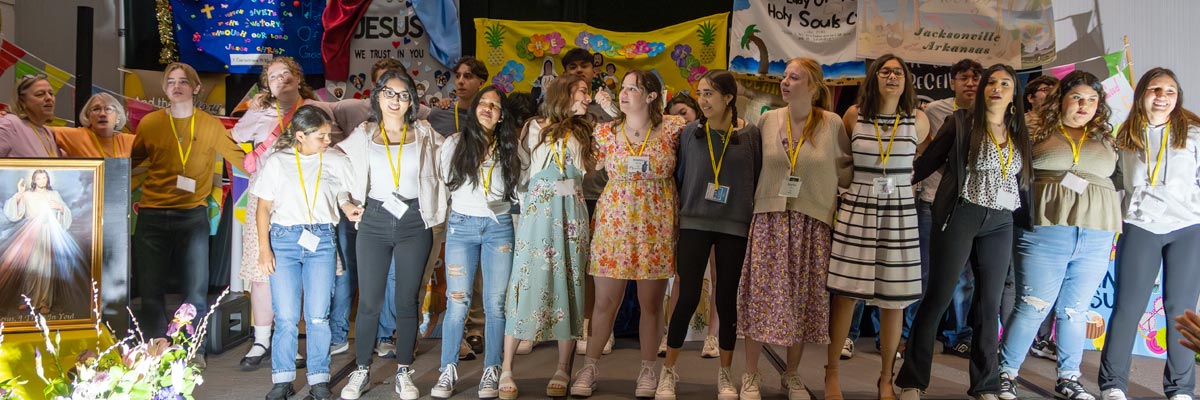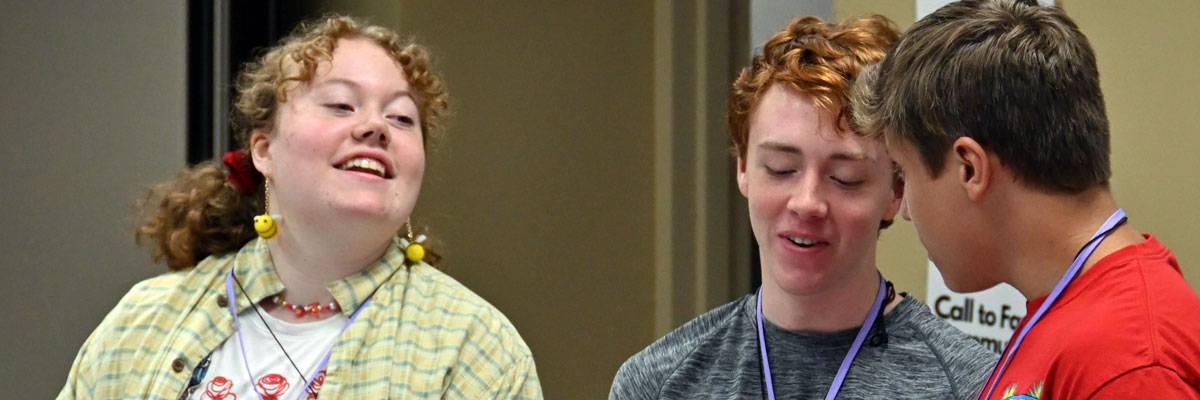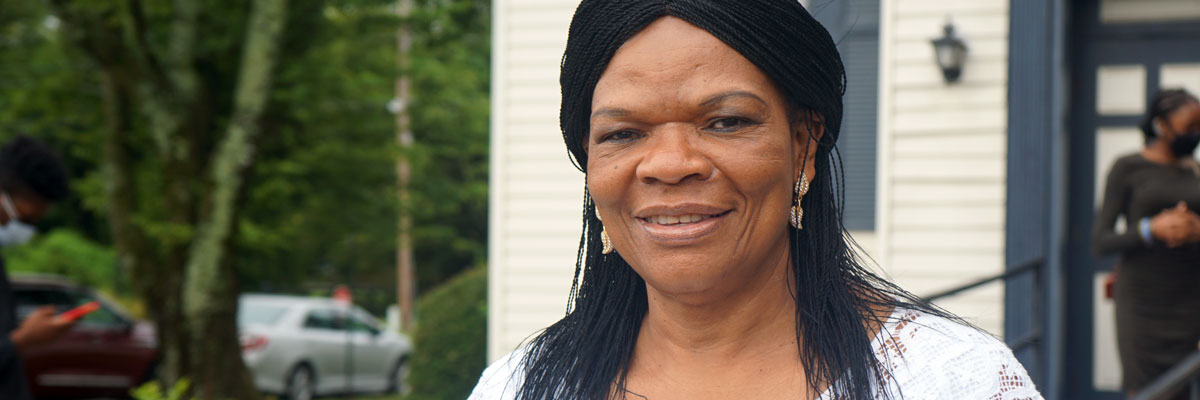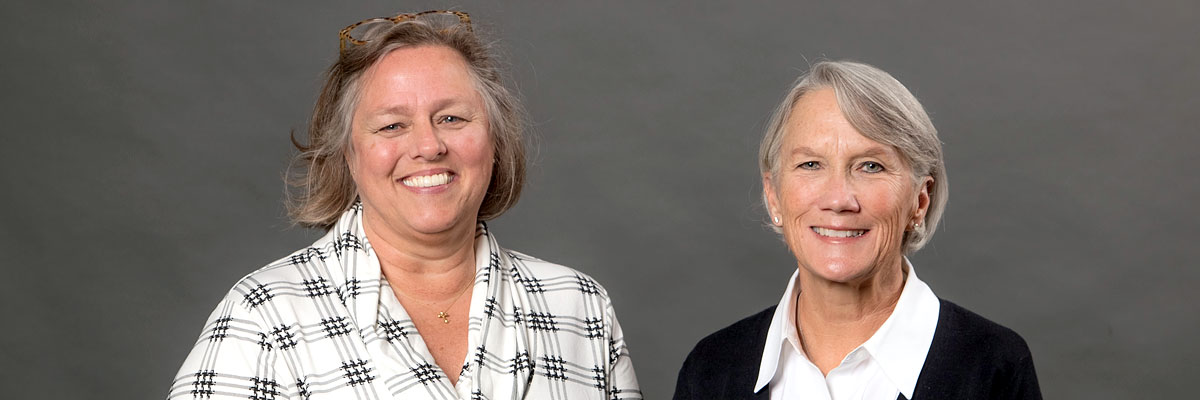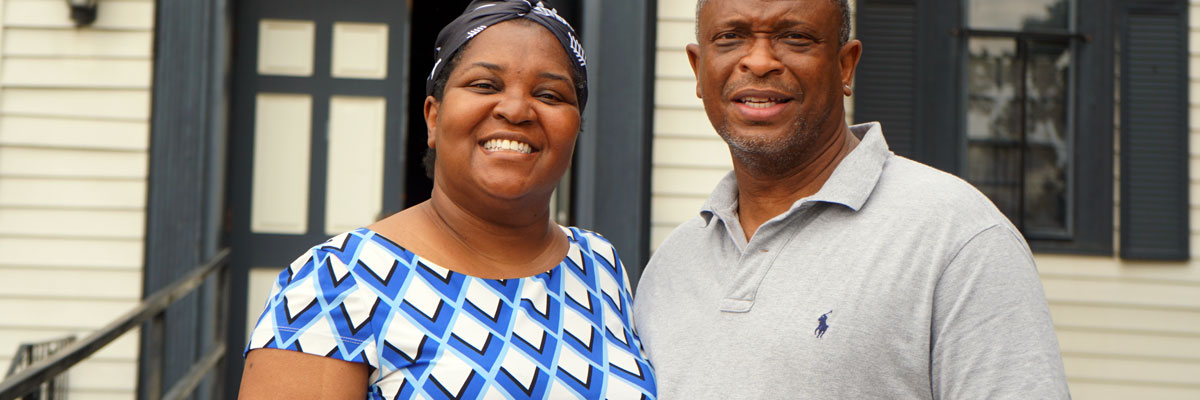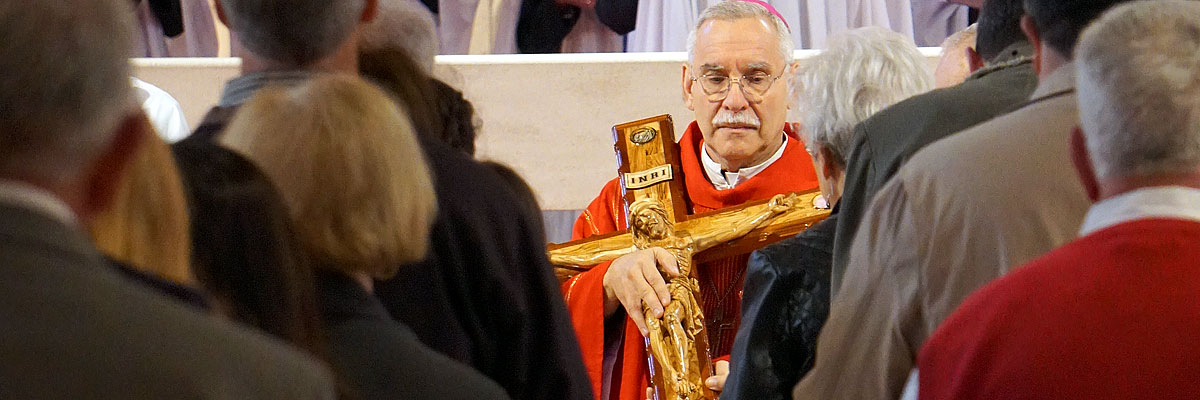Official Website of the
Catholic Diocese of Little Rock
Divine Mercy Sunday 2022
Published: April 24, 2022
Bishop Anthony B. Taylor preached the following homily during the Mass for Hope and Healing at the Cathedral of St. Andrew in Little Rock on Sunday, April 24, 2022.

Bishop Taylor
Mercy is not the same as justice. Justice is when people's rights are respected, when the law is just and applied fairly. Injustice is when the laws are unjust or are applied unfairly, or when things that should be protected are not as in the case of crimes of sexual abuse of minors or even of adults.
Everyone has a right to the sanctity of their own person, free of every form of abuse — sexual abuse for sure, but also physical and psychological abuse. These are grave injustices and everyone has a right to expect the responsible authorities — be they bishops or civil authorities — to fulfill their obligation to intervene to protect the vulnerable when these rights are violated.
And too often this has not happened in the past. As we gather for this Mass of hope and healing, we pray for those who have suffered the grave injustice of sexual abuse by clergy and others in our Church and society. And we commit ourselves to doing all in our power to set things right: to help victims from the past and to work hard to make sure that these crimes never occur again.
We gather for this Mass of hope and healing, we pray for those who have suffered the grave injustice of sexual abuse by clergy and others in our Church and society. And we commit ourselves to doing all in our power to set things right: to help victims from the past and to work hard to make sure that these crimes never occur again.
And if, God forbid they do, that we fulfill our commitment to intervene immediately and act resolutely to protect the vulnerable, reporting possible crimes to the authorities as soon as we discover evidence of abuse and then remove proven abusers from ministry. If we want peace and healing, we have to work for justice, especially for those who are most weak, vulnerable and voiceless.
But with God there is more. We turn to him not only for justice, but also for mercy and healing. God is the just judge but if divine justice is all there is, we're sunk because none of us is without sin, none of us would be left standing on judgment day. We expect that perpetrators will have a very rough time on judgment day, given the unspeakable harm they have done.
But we have done harm too — at least in other areas of sin — and so like them, our only hope is for mercy and that's what we pray for today on Divine Mercy Sunday. The events in the first part of today's Gospel occurred on Easter Sunday evening. That morning everything was about proving Jesus' victory: the empty tomb, the angel's message and Jesus' first appearances.
Then that evening we start to see what his triumph has won for us, namely: divine mercy available to us due to Jesus' victory over evil, through the gift of faith, which banishes doubt and fear, through the gift of his presence which brings healing, and through the gift of forgiveness, especially as received in the sacrament of reconciliation.
First Jesus frees his disciples from the fear that has them hiding behind locked doors "for fear of the Jews," or more accurately — since they themselves were Jews — for fear that the people who had killed Jesus just three days earlier would now come after them, his followers.
And what does Jesus do? He enters the room miraculously, and says "Peace be with you" — just like he can bring peace to us today, even those who still are deeply wounded by what was done in the past. When he shows them his wounds, his hands and his side we see that it really is him and yet that those wounds do not define him — evil did its worst on Good Friday, but it no longer has power over him.
And then he breathes on them the Holy Spirit and sends these men who know his wounds and undoubtedly have their own wounds, to now go forth as wounded healers to continue his divine mission of mercy. And what is the tool he gives them to bring this divine mercy to others?
Forgiveness. Both the ordinary — though costly — forgiveness we extend to each other informally and the sacramental forgiveness which he institutes in today's Gospel saying: "Receive the Holy Spirit. Whose sins you forgive are forgiven them." ...
Forgiveness is an act of mercy and when God forgives, it is an act of divine mercy. And then Jesus frees Thomas from the burden of his doubts and insecurity. Thomas was skeptical; to him it all seemed too good to be true. Skeptics presume the worst and find bad news a lot easier to believe, in part because Good News requires a response.
But let's don't judge Thomas harshly since when Jesus returned a week later the doors were still locked ... meaning that the faith of even those 10 who did see Jesus was still weak and would continue to be shaky until Pentecost. So anyway, Jesus returned to give Thomas more evidence and thus free him from the burden of his doubts.
And thanks to Jesus' victory on Easter, that same fear-banishing, sin-forgiving and doubt-relieving divine mercy is available to all of us as well, but like Thomas, we have to respond to Jesus and not just with words, but with our whole self: "My Lord and my God!" ... Forgive me my sins, my trespasses as I forgive those who have trespassed against me and sinned against those I love.
Set me free from the burden of the past. Strengthen my faith, fill me with hope for the future, free me from my doubts. And what will happen when you do this? He will "breathe the Holy Spirit into you" — healing you and filling you with hope — and then send you forth as well, not only to work for justice, which is, of course, fundamental, but also to then go beyond just that to now draw on the mercy and healing that we have received in order to then bring that same divine mercy to others!


